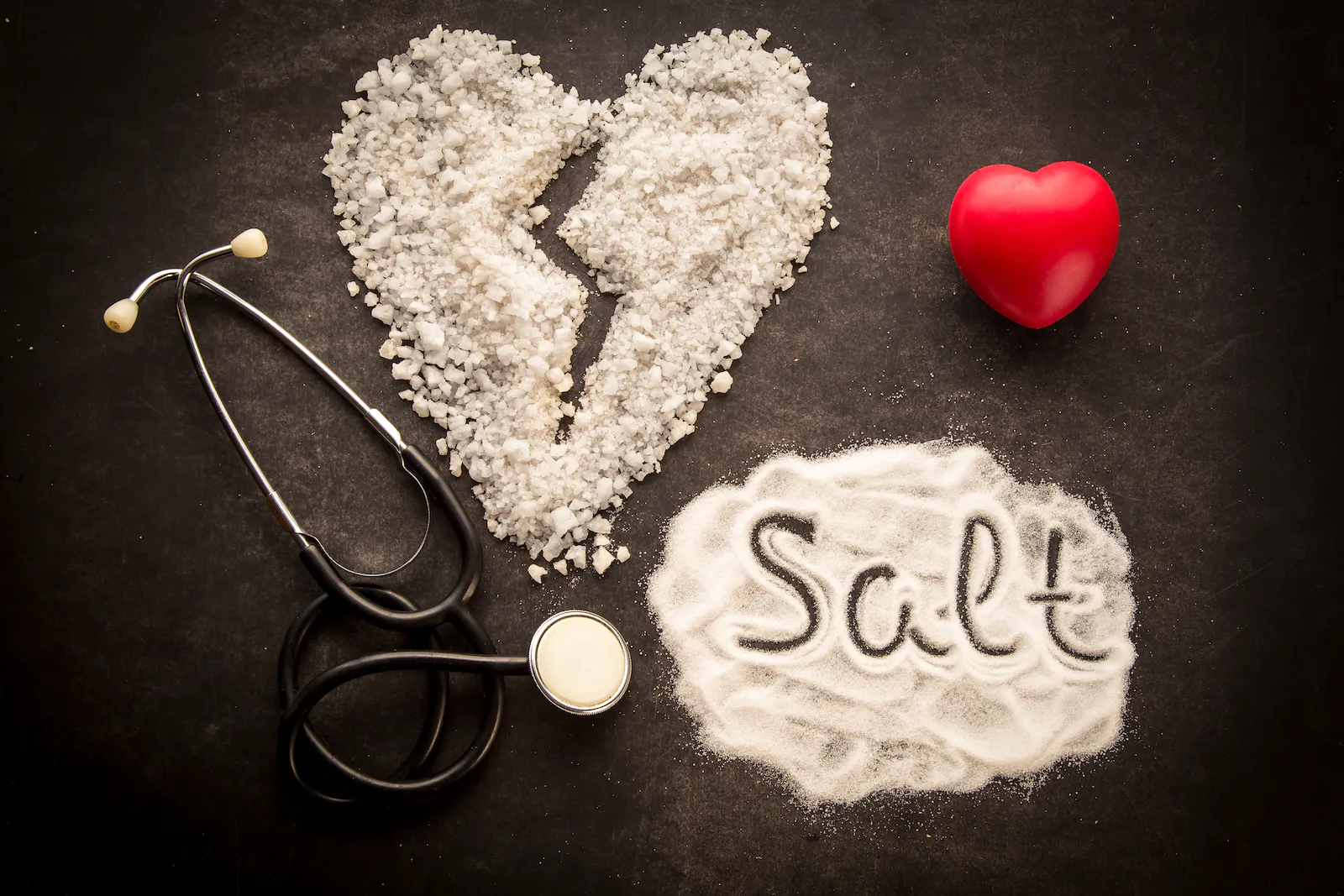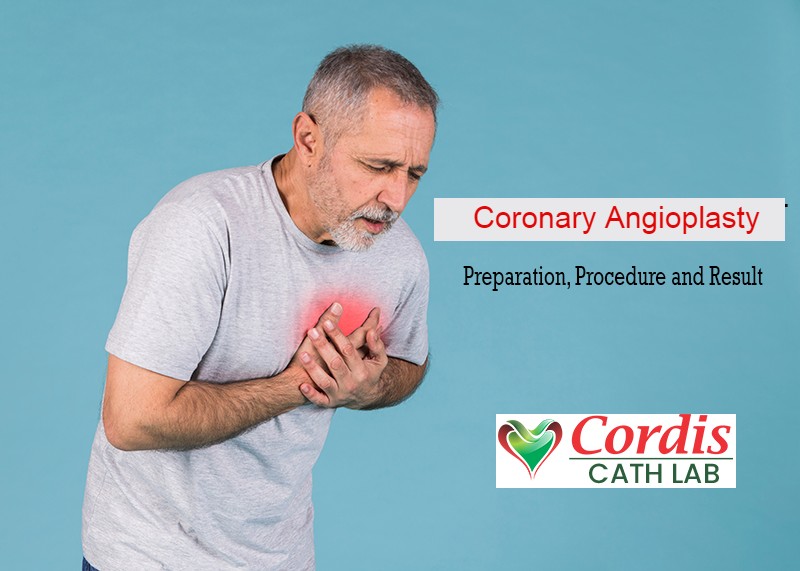What is common salt?
Common salt’s chemical name is sodium chloride (NaCl), it consist of 40% of sodium and 60% of chloride.
Both sodium and chloride are essential for many of our body functions. Sodium chloride help in regulating blood pressure in our body, it also controls fluid balance in the body. Sodium chloride is also important for maintaining proper functions of muscles and nerves, it is also helps in transportation and absorption of nutrients across the cell membranes.
Salt and Hypertension:
There is a very close relationship between dietary sodium intake and hypertension.
High sodium intake causes water retention in body which increases systemic peripheral resistance causing high blood pressure.
Reduction in dietary sodium does not only help in controlling blood pressure but also associated with reduction of morbidity and mortality from cardiovascular diseases.
How much common salt should we consume daily?
It is recommended to consume less than 2300mg of sodium, corresponding to 5.8 grams of salt.
What can I use instead of salt for high blood pressure?
Have herbs like rosemary, onion powder, garlic powder, parsley, celery seed, or you can also squeeze a lemon for enhancing the taste without extra salt
How To Flush Out Salt And Debloat Naturally?
- Drink more water
- Eat potassium rich foods such as vegetables, fruits, legumes, seeds & nuts.
- Go for walk.
How to reduce salt intake?
- Reduce amount of salt while cooking.
- Avoid salt dispenser on dining table.
- Avoid packed and processed foods.
- Avoid foods with high sodium content such as papad, pickle, ready to eat soups, noodles, sauces, bakery products, pizza and pasta.
Disclaimer: This blog provides general information and discussions about health and related subjects. The information and other content provided in this blog, website or in any linked materials are not intended and should not be considered, or used as a substitute for, medical advice, diagnosis or treatment.https://cordiscathlab.com/contact/



